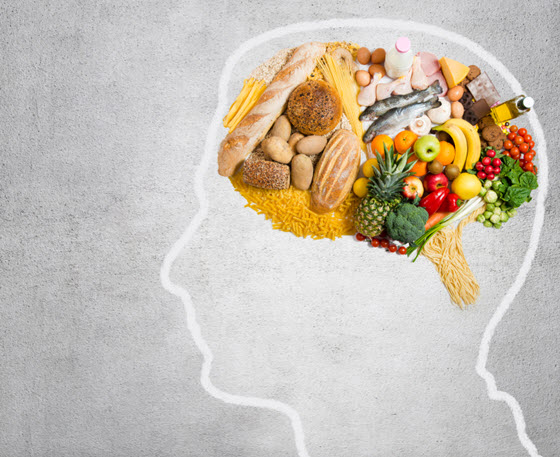
When the gnawing pangs of hunger kick in, even the best-intentioned dieter may not be able to resist the urge to snack, something many of us know all too well. But what is it about fasting that causes these hunger pangs, or perhaps more importantly, what is it about eating that takes them away?
This intense physiological state so many of us find ourselves in comes down to the way our brain circuitry is wired, and researchers have searched for many years for the component of this complicated neural network that triggers these hunger pangs that so many of us have found so difficult not to give in to.
Harvard Medical School investigators and researchers at the National Institute of Diabetes and Digestive and Kidney Diseases (NIDDK) have recently identified the component that serves as the neural link which controls and inhibits the urge to eat.
Reporting in Nature Neuroscience, this component has been identified as a melanocortin 4 receptor-regulated (MC4R) circuit, and it’s believed their findings could provide promising targets for the development of effective weight-loss drugs.
Identifying the Causes of Hunger
The hunger pangs we experience are essential to our survival because they’re the body’s way of telling the brain that we need to consume food. However, it’s these pangs that have made effective dieting so difficult for so many people for so long.
The study’s co-senior author, Bradford Lowell, explains that one of the reasons why most people find dieting so difficult is because of the uncomfortable sensations that hunger pangs deliver. “Our results show that the artificial activation of this particular brain circuit is pleasurable and can reduce feeding in mice, essentially resulting in the same outcome as dieting but without the chronic feeling of hunger,” he says.
Now that the component in our brain circuitry that regulates hunger pangs has been identified, researchers can look for ways to short-circuit hunger pangs. Says Lowell, “Our findings suggest that the therapeutic targeting of these cells may reduce both food consumption and the aversive sensations of hunger—and therefore may be an effective treatment for obesity.”
In the meantime, lifestyle coaching and Nutritional consults at Learning Discoveries is an excellent way to learn how to reduce your caloric intake by making adjustments to your lifestyle.


